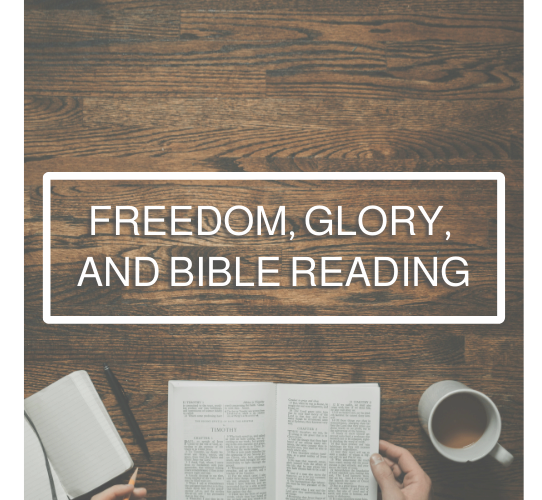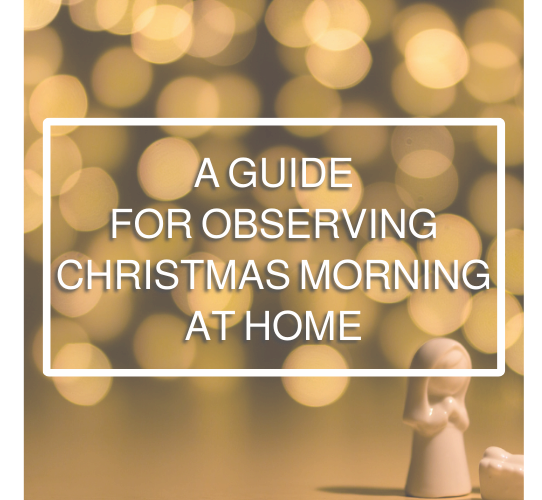Marching to Zion Part 6: Yet in Spite
Read time: 3m 29s
Read Deuteronomy 1:19-33
Intro: Previously we’ve heard from Moses how the Lord had called the people to journey into the Promised Land (1:7). They were to “see…go in and take possession” of God's blessings.
But the story takes a sad turn. They come to the Promised Land. But the journey of Grace ends abruptly. They are afraid and full of dread.
Moses begins to talk back, in v. 29. He answers Dread and Fear with Theology: “The LORD…your God…who goes before you…will Himself fight for you,…just as He did for you in Egypt before you eyes, and in the wilderness…where you have seen how the LORD your God carried you, as a man carries his son, all the way that you went until you came to this place.” (vv. 30-31)
This weaves an overwhelming Theology. A Dread- and Fear-silencing vision of life with a God before us and behind, covenant-making and -keeping, fighting for us and carrying us safely through. But the people are tall?! But the cities have walls?! Are you kidding!? This God has been with you “all the way.” Do you think He will leave you now? In Egypt, in the wild, He carried you the whole way. And now you’re worried? Look again at your God.
“Yet in spite of this word you did not believe the LORD your God…” (v. 33)
“Yet in spite of this word…” The answer to our problems, from our God, is in the words He has given us. They are His omniscient, infinitely understanding and wise, omnipotent, perfectly loving, answer to our fears. They are the final word. His Word is truth. And He has spoken, for our good. But how often do we look to other words to provide a more comprehensive assessment, a more knowledgeable evaluation, a more certain opinion?
“You did not believe…” Have you ever wondered why God doesn’t answer your prayer? Why doesn’t He “speak to me”? Why doesn’t God answer us? God has answered us already. He has given us His words. But. Do we believe them? We look into the Bible and we say in our souls, “Yes, but…” “Yes, but I feel really bad.” “Yes, but I don’t understand.” “Yes, but I want something different.” Perhaps it is not that God is silent, but that we disregard His words, that we do not believe.
“The LORD your God…” Moses closes by alluding to how he opened: remember who God is. He is the One who knows. He is the one who has spoken to you, for you. All sin is this: in spite of what God has said—the good, loving, effective, light He has shown on us—we turned and headed back into the wilderness.
Or, as the prophets might say, if you find yourself surrounded by dust, with a deadly thirst, and the mirage of your idol’s fantasy dissolving into the specter of a pack of wolves, well, it wasn’t the Garden, the fountain, or the Shepherd, that moved. Nor were they silent, were they?
Conclusion: A brief look at our God, a short foray into basic theology, shows us a world free of dread or fear. Those voices may be silenced. But in spite of this, it’s a struggle to believe “this word.”
Part of why we have the whole Old Testament is to learn two lessons: one from the believers in Israel and one from the unbelievers in Israel. The believing voice, the voice of Moses and a few others, calls us to honor the facts about our fear and dread, but also the facts about the LORD our God. “Go ahead,” theology says, “make my day.” The unbelieving voice, the voice of the people who prefer the known-wilderness to the unknown-Promised Land, trusts Dread and Fear and doubts basic theology.
All Moses is really asking for is a fair comparison. Line up your giants against your God. Line up your fortified cities against your Fighting, Future-controlling, Father.
Dread and Fear are spooky. They work with moods, insinuations, nudging the dial into the red. Theology flips the lights on. It’s just a bunch of teenagers in bed sheets and ketchup. The Covenant, the King, the Creator-God… What were we so afraid of? “Further up and further in!”
Photo by Dino Reichmuth on Unsplash











